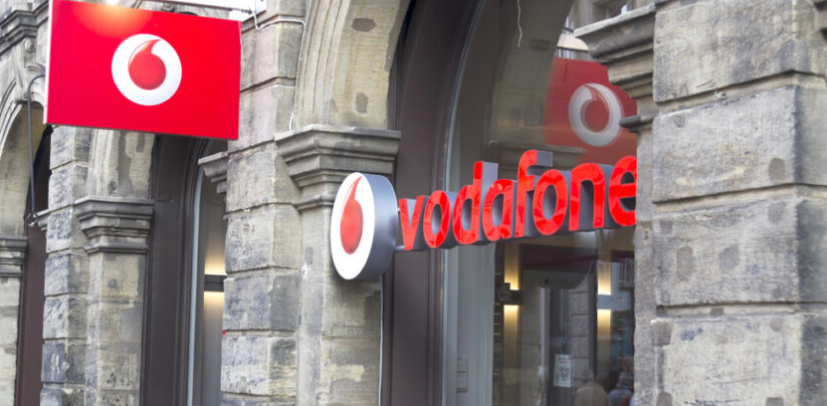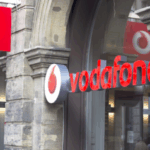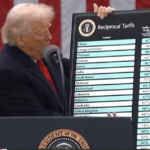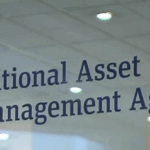VodafoneThree, the newly formed telecoms giant created through the merger of Vodafone UK and Three, has announced a £11 billion investment to deliver nationwide standalone 5G and ultra-fast broadband, aiming to reach 99.95% of the UK population by 2034.
Now the UK’s largest mobile operator, VodafoneThree said the ambitious programme would eliminate 16,500 square kilometres of mobile “not spots” — areas currently without reliable signal — by the end of 2025. CEO Max Taylor called the initiative a “massive upgrade for the country” and a crucial step towards transforming Britain’s digital infrastructure.
“The UK has been lagging behind other G7 nations in 5G performance,” said Taylor. “This investment is long overdue and essential to unlock the full economic potential of next-generation connectivity.”
The rollout is expected to significantly enhance mobile coverage, broadband speeds, and network performance, enabling services that rely on ultra-low latency and high capacity — such as Internet of Things (IoT) devices, augmented reality, and autonomous vehicles. The company also plans to bring “fibre or fibre-like” speeds to every home in the country, using a combination of its own fibre and mobile networks and partnerships with Openreach, CityFibre, and Community Fibre.
Taylor confirmed that the company will use fixed wireless access in remote or hard-to-reach areas where full fibre is not yet feasible, ensuring near-universal access.
The announcement follows Vodafone’s £16.5 billion merger with CK Hutchison’s Three, completed at the end of June — a deal widely seen as a key test for broader telecoms consolidation across Europe. Operators have long argued that fewer players in the market would lead to greater investment capacity and faster infrastructure deployment.
Taylor said the integration of services would enable cross-selling between VodafoneThree’s 27 million mobile customers and its broadband offerings, boosting revenue through bundled packages and upgrades. While ruling out current interest in acquiring TalkTalk, he said the company may explore further partnerships with wholesale or alternative providers in the future.
The project is expected to create around 9,000 jobs annually across the UK for the next eight years, with an additional 400 roles at new customer service centres in Belfast and Sheffield. Some redundancies are likely, particularly in overlapping head office functions as the merger is fully integrated.
With the UK telecoms sector facing pressure from rising costs, slow growth, and fierce competition, Vodafone Group CEO Margherita Della Valle has been reshaping the company’s global footprint, recently selling operations in Spain and Italy to raise €12 billion.
Taylor concluded that 5G holds the key to future telecoms growth — but only if customers recognise its value. “The challenge now is to show that these services are worth paying a sustainable premium for,” he said.








